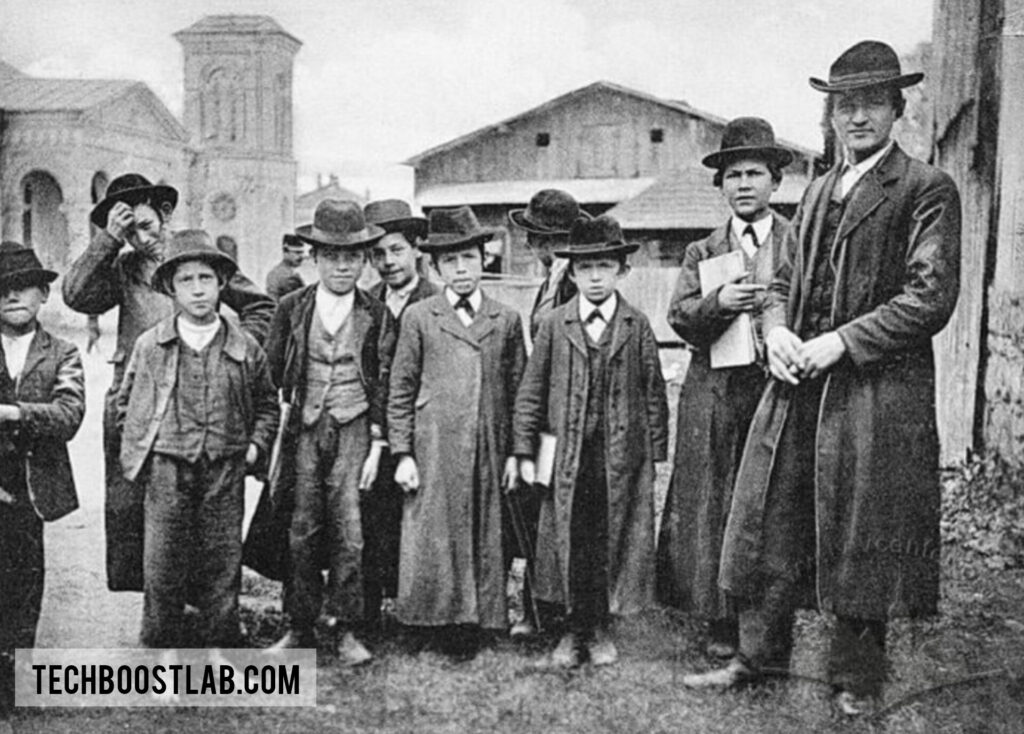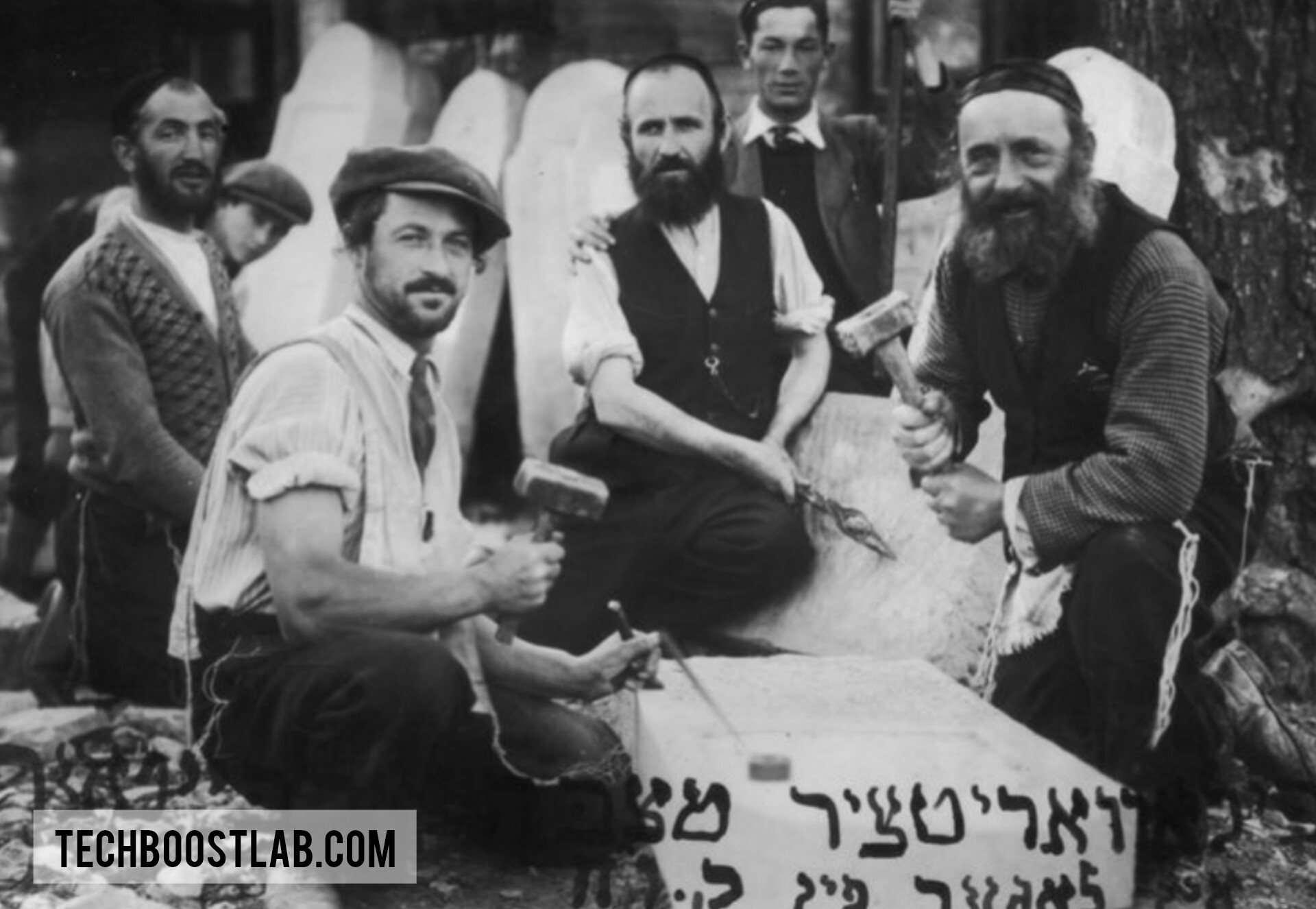Jewish Piedmont Outlier: A Unique Chapter in Jewish History
The Jewish Piedmont Outlier refers to a unique group of Jewish communities that settled in Italy’s Piedmont region. Unlike the larger Jewish populations found in places like Spain or Poland, the Jewish community in Piedmont developed distinctive cultural and religious practices that set them apart.
Located in the mountainous northwestern region of Italy, Piedmont became a refuge for Jewish families fleeing persecution or seeking new opportunities. Over the centuries, these outliers formed small yet vibrant communities, preserving their traditions while adapting to their environment. The story of these Jewish outliers offers a fascinating look at how Jewish identity can thrive, even when geographically and culturally isolated. In this article, we’ll explore the rich history, culture, and legacy of the Jewish Piedmont outliers.
Jewish History in the Piedmont Region
Jewish history in Piedmont stretches back to the time of the Roman Empire, but it was during the Middle Ages that Jewish settlement became more prominent. By the 15th century, Jewish families had established themselves as vital figures in the local economy, engaging in trade, finance, and commerce.
However, their journey was not without difficulties. Jewish communities in Piedmont faced frequent persecution, including forced relocations and legal restrictions. Despite these challenges, they showed remarkable resilience, continuously returning to rebuild their communities. By the 18th century, prominent Jewish families were not only economically influential but also key players in the intellectual and cultural life of Piedmont. Their endurance and contributions speak to the strength of Jewish perseverance in difficult circumstances.
Cultural Richness of the Jewish Piedmont Outliers
Culturally, the Jewish communities in Piedmont developed their own unique identity. Living in relative isolation from other Jewish centers, they preserved ancient traditions while blending them with local Italian influences. This fusion of Jewish and Piedmontese culture created something truly special.
One notable example of this cultural blend can be seen in their food. Jewish families incorporated local Italian ingredients into traditional Jewish dishes, creating a fusion cuisine that was both familiar and new. Their unique takes on challah and matzo ball soup became distinctive markers of Jewish Piedmontese culture. Additionally, Jewish writers, musicians, and scholars in the region contributed to a vibrant cultural life, merging Jewish traditions with the artistic and intellectual movements of the time.
Economic Contributions of the Jewish Piedmont Community
Jewish families in Piedmont made significant economic contributions, especially in trade, finance, and commerce. Despite facing legal restrictions and prejudice, Jewish merchants were highly skilled in navigating the region’s markets, establishing successful trading routes that connected Piedmont with other parts of Europe and beyond.
Jewish financiers were particularly influential in the region’s banking system. Many Jewish families owned banks that served both Jewish and non-Jewish clients, playing a crucial role in the region’s financial growth. Their expertise in finance and trade helped shape the local economy, solidifying their place as key players in Piedmont’s business landscape.
Religious Life of Jewish Piedmont Outliers

Religious life was at the heart of the Jewish Piedmont outlier communities. Synagogues served as centers for worship, education, and social gatherings, helping to keep Jewish traditions alive in an otherwise non-Jewish environment. The Jews of Piedmont remained dedicated to their faith, observing religious holidays, keeping kosher, and maintaining Sabbath practices despite their geographical isolation.
Interestingly, while they preserved their Jewish customs, these communities also adapted to their local surroundings. Some synagogues incorporated Italian architectural elements, blending the aesthetic of Piedmont with Jewish religious symbols. Jewish scholars and rabbis in the region played a critical role in preserving religious teachings, and many of their contributions continue to influence Jewish thought worldwide.
Challenges of Being a Jewish Piedmont Outlier
Being an outlier came with its own set of challenges. One of the most significant was the persistent anti-Semitism that Jewish families faced. Throughout history, they were subjected to prejudice, legal restrictions, and even expulsion from towns. Despite these difficulties, Jewish communities showed immense resilience, continuously returning and rebuilding their lives in Piedmont.
In addition to external challenges, Jewish communities also struggled with the pressures of assimilation. Living among the non-Jewish majority, there was often a fine line between preserving their Jewish identity and integrating into Piedmontese society. Many families grappled with the balance of maintaining their traditions while adapting to the local culture, a tension that has existed for centuries in Jewish history.
Contributions to the Broader Jewish World
Despite the obstacles they faced, the Jewish Piedmont outliers made significant contributions to the wider Jewish community. Their isolation allowed them to develop unique interpretations of Jewish law, philosophy, and religious practice. Many rabbis and scholars from Piedmont produced works that have had a lasting impact on Jewish thought globally.
Moreover, these communities established strong networks with other Jewish populations across Europe, facilitating the exchange of ideas, texts, and cultural practices. The contributions of the Jewish Piedmont outliers extend far beyond the borders of Italy, influencing Jewish communities worldwide and enriching the global Jewish experience.
Legacy of the Jewish Piedmont Outlier
The legacy of the Jewish Piedmont outliers is one of resilience, adaptability, and cultural richness. Despite facing persecution, social isolation, and pressures to assimilate, these Jewish communities managed to maintain their traditions and contribute meaningfully to the region’s economy, culture, and religious life. Their impact is still felt today, and efforts are being made to preserve the memory and heritage of the Jewish Piedmont outliers through museums, synagogues, and cultural centers.
Today, their story serves as a powerful reminder of the strength of Jewish identity and the enduring legacy of Jewish communities throughout history. The lessons learned from their resilience and adaptability continue to inspire Jewish communities around the world.
( FAQs )
- What is a Jewish Piedmont Outlier?
A Jewish Piedmont Outlier refers to Jewish communities that settled in Italy’s Piedmont region, distinct from larger Jewish centers in Europe. - When did Jews first settle in Piedmont?
Jewish communities began settling in Piedmont during the Roman Empire, with significant growth in the Middle Ages. - What challenges did Jewish outliers face in Piedmont?
They faced persecution, legal restrictions, and social isolation, but showed resilience by preserving their cultural and religious identity. - How did Jewish outliers contribute to Piedmont’s economy?
Jewish families played key roles in trade, finance, and banking, helping shape the region’s economic growth.














Post Comment